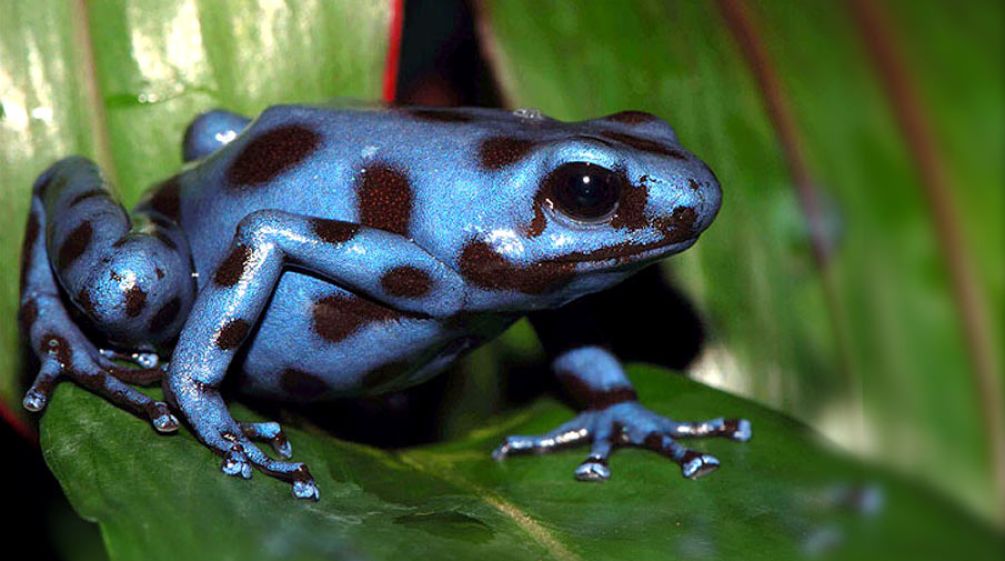Statement on the Barro Blanco dam project in the rainforest of Panama
 © Oscar Sogandares
© Oscar Sogandares
May 24, 2012
The response of the German Investment and Development Company (DEG) to our “Dam action alert: Please help the Ngobe protect their rainforest” campaign was disappointing. The reply relies on superficial data that does not reflect the realities of the Tabasará region. We will continue to call on the DEG to stop the financing of the dam immediately.
Ladies and Gentlemen of the German Investment and Development Company (DEG),
Thank you for your reply pertaining to the financing of the Barro Blanco dam project in Panama, which was identical to the reply we received from you on March 23 – before we started our protest.
The total financing that the DEG and two other development banks granted for Barro Blanco amounts to US $25 million (the equivalent of nearly €20 million), and not US $25 as indicated in the letter.
The information provided by DEG is not verifiable. The DEG does NOT state which “international standards” it is applying. The cited “environmental impact study and other studies” have NOT been published. Their contents and results are therefore NOT known, nor are the names of the participating experts and companies.
The sole publication was a completely superficial “summary of social and environmental impacts of the project”. The name of the “internationally experienced environmental and social expert” responsible for the summary remains a mystery. The Ngobe indigenous people reject the study as completely inadequate and unacceptable.
The Senckenberg Institute in Frankfurt, Germany, has been performing field research in the Tabasará Mountains for years. Its scientists have documented 33 species of amphibians there that are classified as “endangered” or “critically endangered” by the International Union for the Conservation of Nature (IUCN). Some of the species are endemic, i.e. they occur only in the area that includes the Tabasará river valley. The researchers have published the results of their studies 1.).
It is also not very helpful for the affected indigenous population if the “environmental and social impacts of the project are limited to the local area”, as the DEG puts it. The fact is that the people have been using the river and its valley for a long time. The flooding of the valley would thus have a direct impact on the lives of the Ngobe.
It has been agreed within the framework of a UN-led dialog that new and appropriate technical studies must be carried out for the project. In the meantime, construction work must be halted. Nevertheless, the operating company has started construction work in the field, violating the agreements. The residents protested against it, occupying the building site on May 19.
Rainforest Rescue supports the demands of environmentalists and the indigenous peoples in Panama. They reject the dam project, calling for the immediate cessation of construction and revocation of the granted licenses. We call on the DEG and other development banks to immediately stop funding the Barro Blanco Dam.
1.) Andreas Hertz, Sebastian Lotzkat, Arcadio Carrizo, Marcos Ponce, Gunther Köhler, Bruno Streit, 2012: Field notes on findings of threatened amphibian species in the central mountain range of western Panama. Amphibian and Reptile Conservation (2012), Volume: 6, Issue: 2, Pages: 9-30










